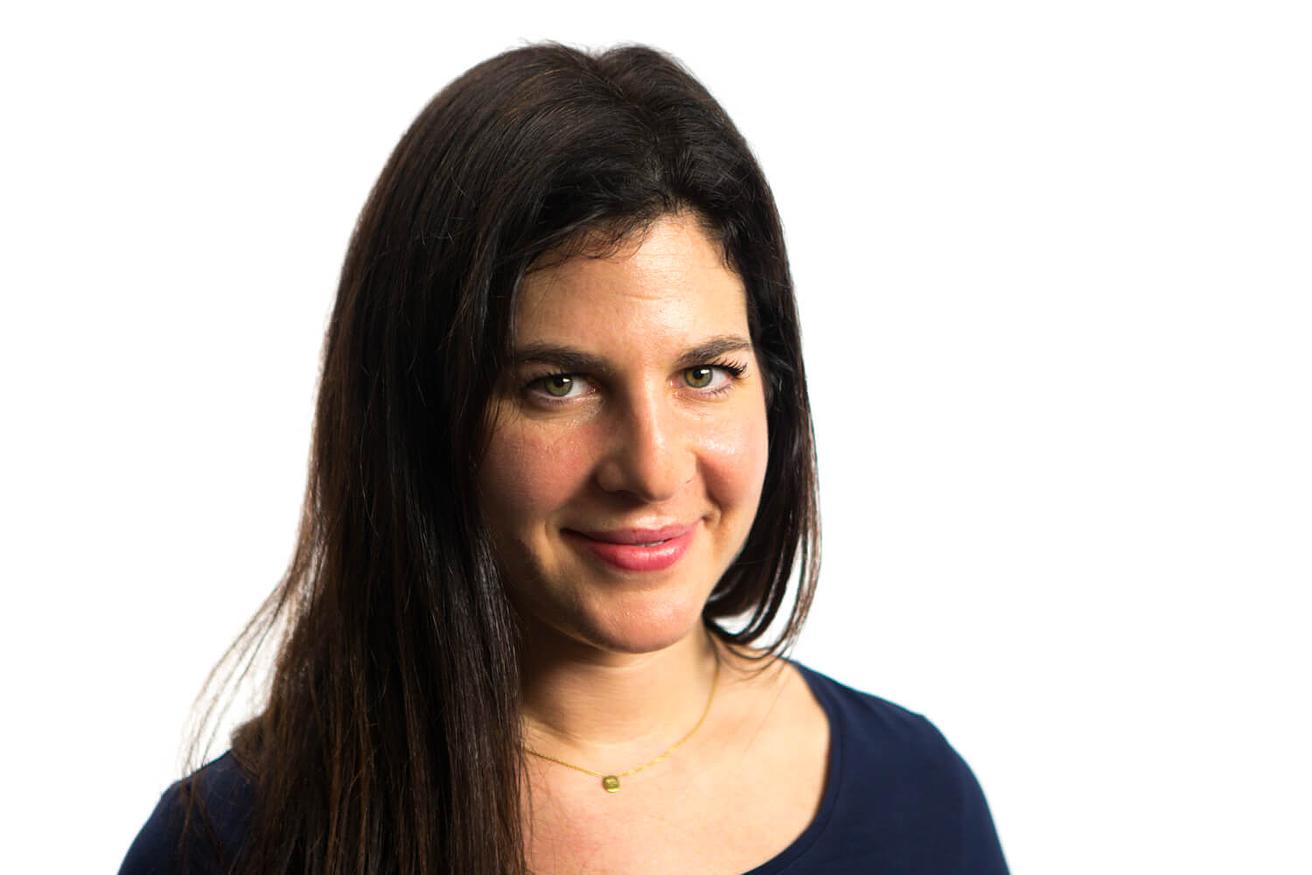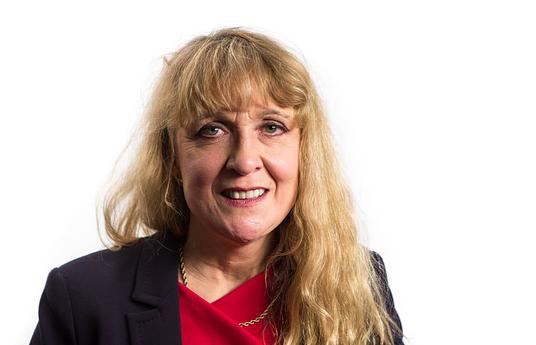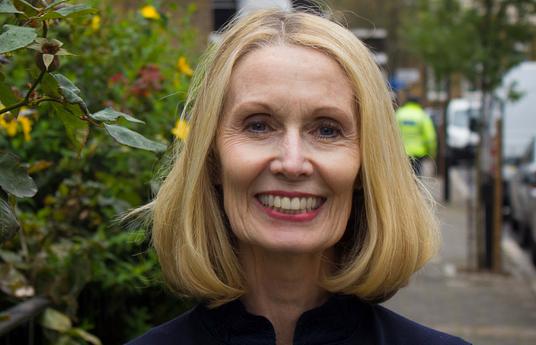Introduction
Sophie Deen is CEO of Bright Little Labs, a children’s media company which makes educationally valuable, gender-neutral, and ethically made books, apps, and games for kids.
Their flagship story-app is Detective Dot and the CIA (Children's Intelligence Agency), which teaches coding through stories, and has a particular focus on engaging girls and ethnic groups in STEM and coding.
Skills
Is education preparing children for the 21st century?
Education is so different depending on where you are, which is one of the problems, but even so I don’t think it does prepare us for the twenty-first century. We are currently facing so many global issues. People are unhappy, living in poverty, some are going hungry even though there’s enough food to feed them, we are running out of water, there are wars everywhere… the world is completely nuts in my view!
I don’t think that our education system is teaching us how to be human so that we can understand what the issues are, so that we are part of the whole world, not just the place that we grew up in. I think that there could be a lot of positive changes.
What are the skills we need to be teaching our children?
Education should prepare people for life but it shouldn’t just happen in schools, it should be a continuing thing, constantly happening as a part of our culture. What’s the point of having skills if you haven’t developed your character to use them? I think one of the core skills is being a human being, learning about empathy, about your own character and what you think about the world. How to be non-judgemental, how to get on with other people, how to be a happy adult, how to stand properly, how to move properly.
We need to give kids the skills to feel empowered and to question all of the systems we are taught not to question. In our everyday lives as adults (and as kids) we are taught that there are these systems in place which you can’t question, that it is what it is, and no one can make a difference. But actually those systems are just a group of people, and those people are just people sitting in a room making decisions.
I think it’s really important to teach kids to question everything, to question what they are being told and the information that they’re getting, to not take it at face value and to feel empowered to make a change.
They obviously still need literacy skills and numeracy skills, as well as the tools to help them in life and to help them create the world that they want to live in, but it needs to co-exist with teaching them about the real world they live in.
We need to think more as global citizens. We’re taught to think that we don’t have much impact, and so we go to school and are given the skills to get a job. I feel like that’s what the education system is gearing us towards. We’re not taught to think about our impact on other people or the impact that we could or do have.
Critical thinking is a really important skill that children have to learn or should be taught so that whatever happens in the future, which is an unknown fast-changing thing, they have the skills to cope with it.
Teachers
What is the role of the teacher?
The teacher’s role is to empower kids, to support them, to give them a passion for learning, to encourage their curiosity, and to give them confidence as human beings. But I don’t think it’s just the school's responsibility to give them these tools.
The teacher’s role is to educate the kids, but it’s also everybody’s role to educate. I don't think that you can look at it as when the kid goes to school that it’s the teacher's responsibility, and then when they go home the parents have the responsibility. It’s actually everybody’s responsibility.
So the teacher’s role is to encourage them to be curious, encourage them to ask questions, encourage them to get on with each other, and to teach them both soft and hard skills alongside their community.
Assessment
Do you think standardized testing is an effective way to assess learning?
No, I don’t think standardized tests are an effective way to measure anything really. It didn’t really work for me because I find it difficult to concentrate for more than twenty minutes, so in my education I left all of the exams early because I just got bored.
If you look at other education systems that don’t use standardized testing, it’s been proven that children are learning at a better speed than in countries that do have standardized testing.
Constantly testing children teaches them bad stuff - they start comparing themselves to each other. It does depend on what you tell children the tests mean, but from what I’ve seen the kids start comparing themselves which puts them under a lot of pressure. It does not improve their performance and it’s not particularly useful.
Environments
What would be the most exciting learning environment?
It’s too hard to answer that, as it depends on where you are in the world and there is so much cultural context that would probably inform that answer. I think it’s much more important that the environment is open and supportive.
I come from an edtech background so I think technology can engage kids in a really cool way, making them feel empowered in what they’re doing and getting them involved in learning. But, even if you didn’t have that stuff, it’s not really the most important thing. The most important thing is what’s going on in that environment.
Personal Memory
What was your favourite moment in your own education?
I was quite naughty at school and I asked a lot of really difficult questions. One of my favourite memories is the time when I realized that I could say ‘No’. There was this whole impression that you couldn’t say ‘no’ to a teacher, like if a teacher says, ‘Sophie, read this out loud,’ you just had to do it. Then one day I said, ‘No, I don’t want to,’ and no one knew what to do.
From then onwards I challenged a lot of things that I didn’t think made sense.
For example, I was always cold at school and they wouldn’t let me wear my sports jumper over my school uniform, because it wasn’t part of the uniform. But I was freezing! I was like a prepubescent, skinny, young girl and I would be shivering, and so I would just ask loads of questions instead. Also bunsen burners, I don’t know if they are used in schools anymore, but we used to melt our pens over them and make new shapes.
And the other memory I have is hacking exams. Me and my friends developed similar handwriting so that when we got our tests we would be able to swap our tests halfway through and complete the bits of the other person’s test that we knew and they didn’t. Stuff like that – being quite innovative about passing tests and getting through the day are my favourite memories of school.
Did you have a favourite teacher?
Yes, it was my French teacher and he was fascinating. You couldn’t speak a single word of English in his class which he was very strict about. If he heard you say a single word in English, even by mistake, he would give you a detention.
When we were young, I was about thirteen when I joined his class, to not use English at all meant that he had to act out a lot of words and phrases, and so did we, to try to communicate with him. So it was like an acting class plus a bit of French. He was so engaging. Once a year he spoke English for charity and the whole school would pay, but no one heard him speak a word of English otherwise. He was lovely.
The next 100 years
The next 100 years of education should… teach children more about the world they live in. Not just the pocket that they grew up in, but how they connect to other parts of the world and how all of our choices and the way that we behave have direct consequences on the planet.
We are tricked into thinking that we can’t really make a difference or that we don’t have much of an impact or our sphere of influence is small, but that’s not true. So I think we need to teach children about the real issues in the world and how they can directly do something about it.


